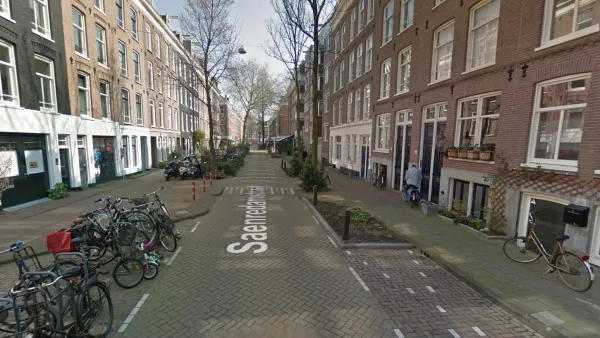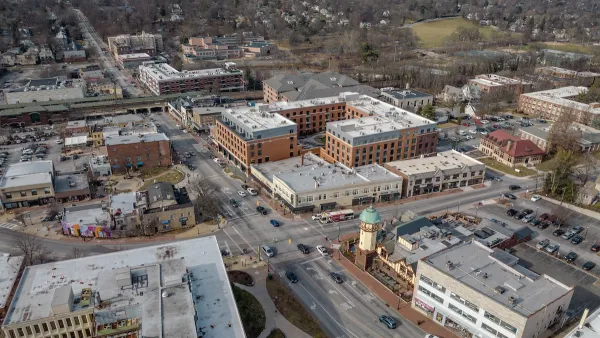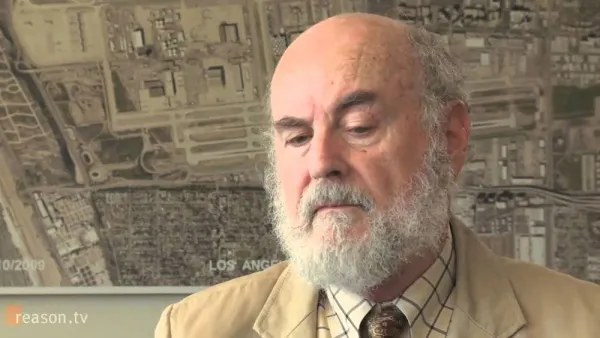Planning policies that produce cheap, abundant parking are fundamentally at odds with efforts to promote transit, biking, and walking. A new report from ITDP shows how some cities have started to align parking policies with sustainable transport.
It's been more than 35 years since American cities including New York, Boston, and Portland acknowledged the connection between parking policy and traffic generation by setting limits on downtown parking. Since then, parking innovation has proceeded at a snail's pace. Streetsblog reports on a new study that highlights how that's starting to change:
"In San Francisco and New York, programs to bring the price of curbside parking more in line with off-street parking are reducing the incentive to cruise endlessly for a cheap spot. In Portland, planners have reduced parking requirements for new development near transit lines, helping to improve walkability and increase ridership.
"Boulder provides an intriguing study in parking management as an economic development tool. This small Colorado city is one of the only places that introduced new parking policies during the 80s and 90s. After deciding they couldn't compete with suburban malls by imitating them, local merchants led an effort that effectively capped the volume of downtown parking and directed revenue from parking facilities to improve transit, walking, and bicycling."
FULL STORY: Want to Foster Walking, Biking and Transit? You Need Good Parking Policy

Analysis: Cybertruck Fatality Rate Far Exceeds That of Ford Pinto
The Tesla Cybertruck was recalled seven times last year.

National Parks Layoffs Will Cause Communities to Lose Billions
Thousands of essential park workers were laid off this week, just before the busy spring break season.

Retro-silient?: America’s First “Eco-burb,” The Woodlands Turns 50
A master-planned community north of Houston offers lessons on green infrastructure and resilient design, but falls short of its founder’s lofty affordability and walkability goals.

Test News Post 1
This is a summary

Analysis: Cybertruck Fatality Rate Far Exceeds That of Ford Pinto
The Tesla Cybertruck was recalled seven times last year.

Test News Headline 46
Test for the image on the front page.
Urban Design for Planners 1: Software Tools
This six-course series explores essential urban design concepts using open source software and equips planners with the tools they need to participate fully in the urban design process.
Planning for Universal Design
Learn the tools for implementing Universal Design in planning regulations.
EMC Planning Group, Inc.
Planetizen
Planetizen
Mpact (formerly Rail~Volution)
Great Falls Development Authority, Inc.
HUDs Office of Policy Development and Research
NYU Wagner Graduate School of Public Service




























